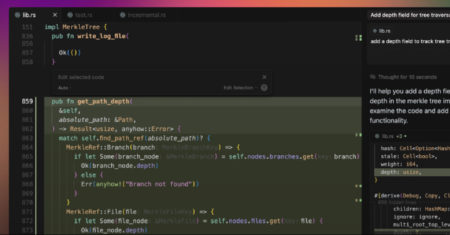CVE ID : CVE-2025-30220
Published : June 10, 2025, 4:15 p.m. | 1 hour, 25 minutes ago
Description : GeoServer is an open source server that allows users to share and edit geospatial data. GeoTools Schema class use of Eclipse XSD library to represent schema data structure is vulnerable to XML External Entity (XXE) exploit. This impacts whoever exposes XML processing with gt-xsd-core involved in parsing, when the documents carry a reference to an external XML schema. The gt-xsd-core Schemas class is not using the EntityResolver provided by the ParserHandler (if any was configured). This also impacts users of gt-wfs-ng DataStore where the ENTITY_RESOLVER connection parameter was not being used as intended. This vulnerability is fixed in GeoTools 33.1, 32.3, 31.7, and 28.6.1, GeoServer 2.27.1, 2.26.3, and 2.25.7, and GeoNetwork 4.4.8 and 4.2.13.
Severity: 9.9 | CRITICAL
Visit the link for more details, such as CVSS details, affected products, timeline, and more…
Source: Read More
